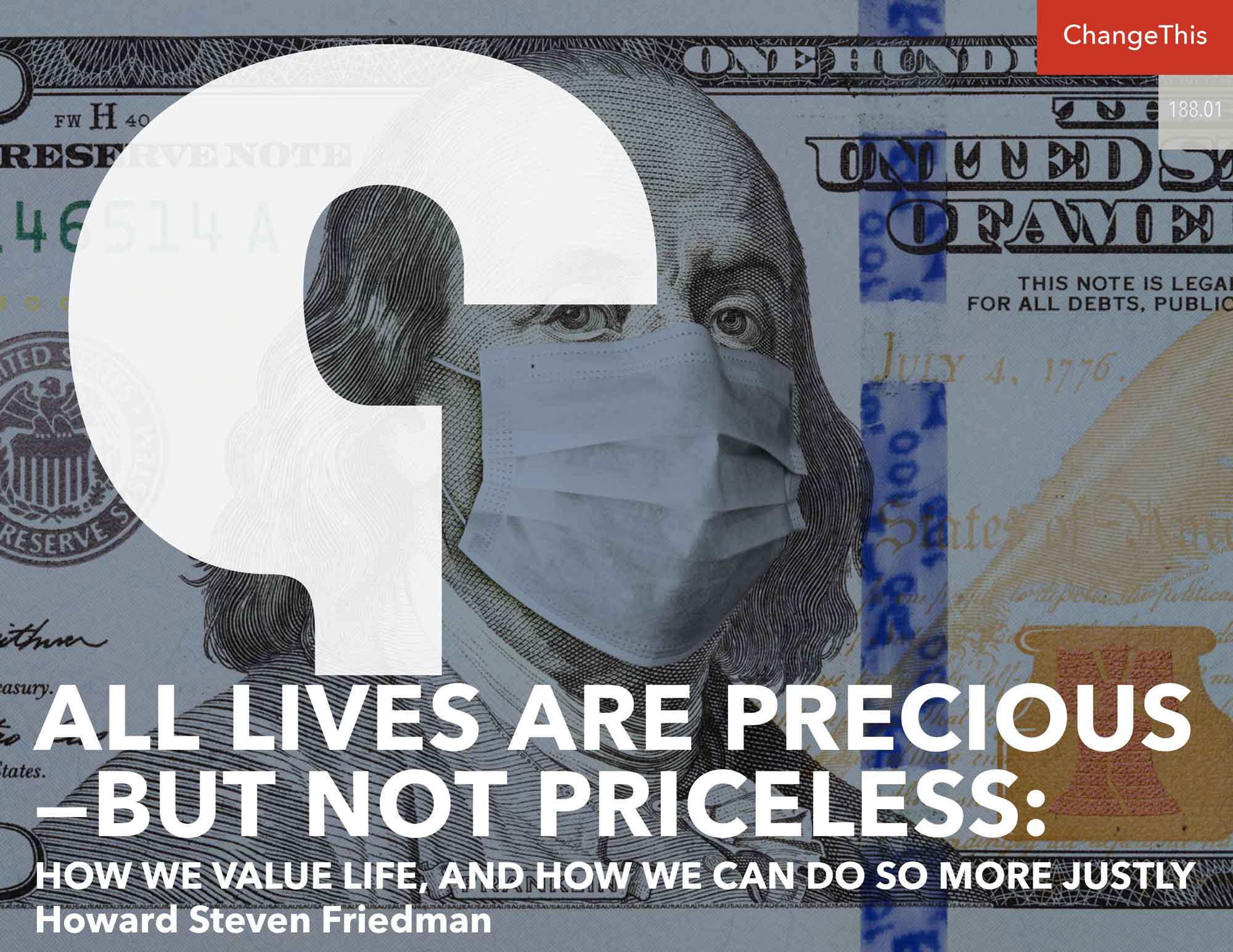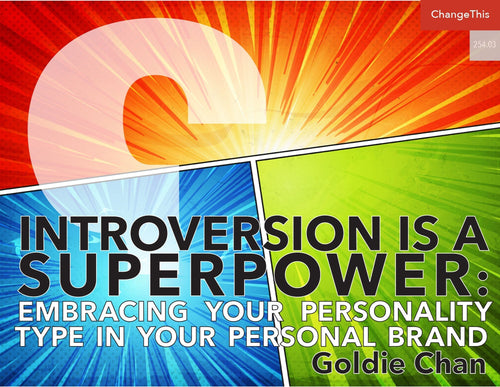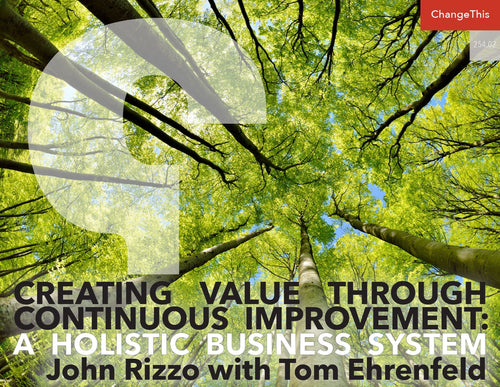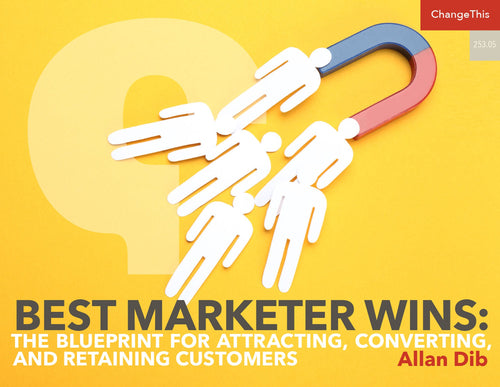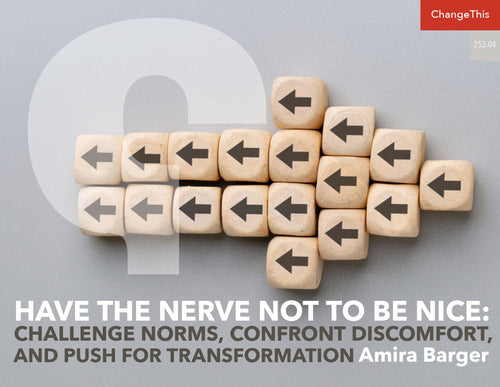All Lives Are Precious—But Not Priceless
Price tags are placed on our lives from the day we are born to the day we die.
Philosophers may develop elegant concepts about how life should be valued and what is a fair distribution of resources, but these concepts collide daily with the real world of price tags. This real world of price tags is derived from business analysts making cost-benefit calculations on auto safety, regulators determining acceptable levels of water contaminants, health insurers determining what drugs to cover, and jurors awarding damages. If these real-world price tags conclude that your life is not worth much, then your life will be more exposed to risk, while the lives of those deemed more valuable will be better protected, all of which is being exposed in the public health crisis we are in the midst of today.
Regardless of how price tags are arrived at, and by whom, they regularly impact our lives and are not always fair. They affect our health, our rights, our safety, our finances, and our longevity. Given that there is a substantial amount of unfairness in price tags, we need to understand how these valuations and the values that stand behind them affect our lives, confront inequities whenever possible, and minimize their negative consequences.
How we arrive at a price tag on human life says a great deal about our priorities. The price tags, and the methods used to develop them, are a reflection of our values as a society. They are infused with influences from economics, ethics, religion, human rights, and law.
The task of valuing life has no simple answer. Readers may find it frustrating that we cannot conclude with one key bullet point or a single take-home message about how human life is valued, but topics as complicated as this often cannot be boiled down to one pithy solution that satisfies nearly all interested parties.
Some take the philosophical perspective that human life is priceless. Individuals who take this stance conclude that the question of how much a human life is worth is meaningless or unanswerable. However intellectually satisfying, this perspective ignores the reality that human life is constantly being monetized and that this should therefore be done in an equitable way.
I prefer to take the pragmatic approach of focusing on the real world methods of how life is valued and the implications and limitations of these methods. The prices depend on who is doing the valuation, the methods they are using, the purpose for the valuation, and quite often, whose life is being valued.
Valuing all lives the same has some intuitive logic. It is a simple answer. It resonates with many people’s stated perspective, and it is in line with the perspective that if life must be valued, then no one should receive preferential treatment. This notion of valuing lives equally is not a throwback to an idealistic, egalitarian philosophy but rather one that resonates among many people. Consider billionaires Mark Zuckerberg and his wife, Priscilla Chan. Their open letter to their newborn daughter stated, “We believe all lives have equal value, and that includes the many more people who will live in future generations than live today.” This noble and eloquent statement of equality conflicts with the real world and the authors’ circumstances. All lives are not valued or protected equally. On a personal level, the Zuckerbergs are certainly not going to spend as much of their fortune to save the life of an unknown person in a different country as they would to save one of their parents, one of their children, or themselves.
The September 11th Victim Compensation Fund awards were meant to be similar to the awards from a civil trial. These awards, ranging from $250,000 to over $7 million, were mostly driven by economic considerations, though Special Master Kenneth Feinberg tried to limit the inequities. He placed both lower and upper limitations on award amounts. Families of victims were guaranteed a minimal compensation. The top end of the compensation was capped so families of victims who were earning millions did not receive taxpayer-funded checks worth tens of millions of dollars.
Mr. Feinberg later concluded that all lives should have been valued the same. This method would have been easier to administer, less controversial, and more acceptable to the public. And, when he administered the One Boston Fund, he proceeded to pay the families of those who died the exact same amount.
Civil courts base their awards on a number of factors, including economic losses. The lives of those best compensated are valued most in a civil trial. Recall, too, that juries sometimes come to the inhumane conclusion that a victim’s family is not entitled to compensation when the victim’s accidental death results in the family saving money. Mr. Feinberg provided a minimum value for the loss of life in the September 11th Victim Compensation Fund. This minimum value signified that regardless of someone’s income, human life itself has some intrinsic value, so that the loss of any human life, regardless of income, still merits compensation.
This concept of a minimum value seems reasonable and fair since it prevents the inhumane conclusion that can reduce the loss of some human lives to below the level of chattel. More generally, the inequities of racial and gender pay gaps are built into the inputs whenever income is used in valuing someone’s life. A result of this is that, on average, the lives of women and minorities are valued less than those of white men unless race- and gender-based adjustments are made to award amounts.
Justice is supposed to be blind, yet the criminal justice system routinely values some lives more than others. All murderers are not punished equally. The death penalty is more likely to be applied when murder victims are white and the murderer is black. Vehicular manslaughter sentencing affirms that all lives are not valued nor protected equally, since shorter sentences are handed out to the drivers when the victim is black or male and when the victim is unemployed. Prosecution and sentencing inequalities need to be addressed to achieve a fairer society.
Regulatory agencies routinely place price tags on human lives. These prices vary across agencies, but within a given agency, current lives are all priced equally (at least as of the date this was written). In the past, the EPA valued the lives of the elderly less than the young, but the public protested, and the EPA retreated to using equal values. Healtheconomics statistics, such as quality-adjusted life years, value the lives of young people more than those of older people. Because regulators use discounting in their analyses, they value current lives more than future lives; the higher the discount rate, the greater the disparity between current and future lives. Methods that test the sensitivity of the outcomes to these assumptions exist and must always be used.
Companies always put different price tags on people’s lives. Employee compensation varies by education, skill set, experience, industry, union membership, race, sex, and sometimes the risk of the job. Some of these factors can be justified based on how much value the employee adds to the company’s bottom line. After all, it is reasonable that a CEO is paid more than a line worker. But how much more? It is difficult to justify American CEOs receiving three hundred times more than an average worker when this ratio is not seen in other wealthy countries or in America’s past. More equitable approaches to compensation have been achieved in other wealthy countries and can be achieved in America, too.
Companies use a different set of price tags for people’s lives when making other business decisions. They routinely run cost-benefit analyses to determine how much they should invest in improving product safety to avoid preventable deaths and injuries. The costs used in these calculations include estimates of what the company might lose in a civil trial, which means that poorer people’s lives are valued less and are consequently less protected.
When it comes to preserving health and life, there are limits to the coverage provided by any private or public insurance. No health system could survive financially without limitations on what care will be guaranteed. Individuals must pay out of pocket when costs are not covered by health insurance. What this means is that the wealthy can afford better health care and are more likely to receive health benefits. This is most evident in America, where health care is a major for-profit industry and where tens of millions still lack health insurance. This is in stark contrast with other wealthy countries, where basic health care is a guaranteed right.
These gaps in basic health care and health insurance are inconsistent with the 1948 Universal Declaration of Human Rights, a document America co-drafted and signed, which includes the statement that all people have a right to basic health and social services. The concept of equity supports the principle that all humans have the right to basic health care, yet for many Americans, the price tag for preserving their own health is too high and is in daily competition with the needs of providing food and shelter for themselves and their families. Steps must be taken to reduce the price tag for basic health care for all.
While some declare life priceless, and many assert that all lives should be equally valued, we live in a world that constantly assumes the opposite. This reflects another widely held belief, that some lives should be valued more than others. Valuing some lives more than others seems logical and natural to many of us. Given the choice of saving the life of a convicted serial murderer or the life of a heroic policeman, most would choose to save the policeman. On a more personal level, empathy drives us to value the lives of those closest to us more than the lives of those we do not know. If you had to choose between saving the life of a stranger or the life of your child, you would save your child. More generally, we often have a higher level of empathy for those with whom we share a similar culture, religion, ethnicity, nationality, language, or personal experiences. Given the many conflicting viewpoints on how to value life, what should we do? Beyond all the disparate opinions about what should and shouldn’t be done when valuing life, the reality is that price tags are being applied on a daily basis, and thus we must decide how their values should be determined.
Estimates of the value of human life are riddled with injustices. This is seen in all of the contexts in which valuations of life are determined, including civil judgments, criminal sentencing, employee compensation, selective abortions, and population planning. Injustices have existed and will continue to exist in this world. We should seek to minimize injustices wherever possible. This can only be done if we challenge injustices wherever they appear, especially when lives are unfairly valued.
Given the limitations of the science, we need to continuously challenge the notion that economists have determined true values for life and question the methods that are used to develop these estimates. In acknowledging that putting price tags on life is necessary for doing some calculations, we need to recognize that the methods behind developing these price tags are not unimpeachably scientifically objective but rather are highly subjective. This is not meant to denigrate the skill of the economists working in these areas but is rather a matter-of-fact statement about the limits in quantifying something as abstract as human life. The uncertainty and limitations in the estimates of valuing human life need to be reflected in any analysis.
There is a lot of talk about the economic cost versus the human cost—in terms of human life lost—during the global epidemic we’re now living through, but we must also be mindful of the price we’re placing on human lives, and how that affects the current reality of different social groups.
We need to insist that whatever price tag is used to value life is high enough to sufficiently protect human life. We need to insist that inequitable wage gaps, such as racial and gender pay gaps, be eliminated since they impact valuations of life. We need to insist that when income is used in valuing life, steps must be taken to ensure that the lives of the poorest, the retired, the unemployed, and those volunteering their time are protected and not left susceptible to the whims of governments, organizations, and corporations.
No situation should exist where a court determines that someone’s death does not merit damages since their death “saved money.” No situation should exist where the death of one billionaire is deemed to be worth more than the deaths of a hundred people who earned much less. No situation should exist where a company or government unnecessarily risks people’s lives to save a few dollars.
No situation should exist where unequal valuing of human life leads to the denial of basic human rights.
All lives are precious, but they are not priceless. Rather, they are priced all the time. Often the price tags are unfair. We need to ensure that when lives are priced, they are priced fairly so that human rights and human lives are always protected.
ABOUT THE AUTHOR
Howard Steven Friedman, a leading statistician and health economist, is an expert in data science and applications of cost-benefit analysis. He teaches at Columbia University.

